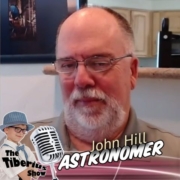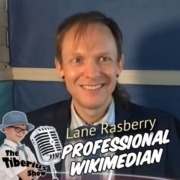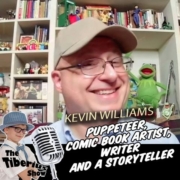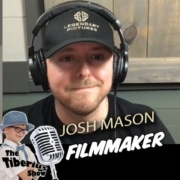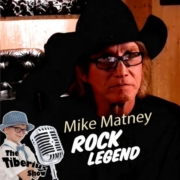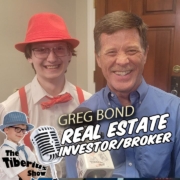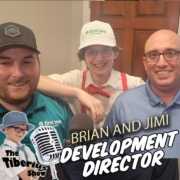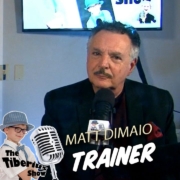Astronomer – John Hill
Today’s guest is literally out of this world. 🚀
Astronomer John Hill (Astronomer Emeritus, University of Arizona) helped build the Large Binocular Telescope (LBT)—two 8.4-meter mirrors on a 600-ton mount—and co-founded the Mirror Lab that makes those massive, lightweight honeycomb mirrors.
We talk about:
• What astronomers actually do now (hint: no eyepiece—screens & spectra!)
• How the LBT works and why “binocular” = two giant mirrors working together
• Why mountaintops beat backyards (and when space telescopes are worth the $$$)
• Adaptive optics and that jaw-dropping visible-light image of Io’s volcanoes
• The Mirror Lab’s biggest uh-oh: a 2-ton glass leak—and the $400k recovery
• Careers: the math/physics/CS you need, plus real talk on schedules & all-nighters
• AI in astronomy: helpful tool, not a replacement
• Math Corner: resolving power—how far apart do the mirrors need to be?
• Heart of a Lion: choosing nobility and honoring first responders
Become a supporter of this podcast: https://www.spreaker.com/podcast/the-tiberius-show–3352195/support.

